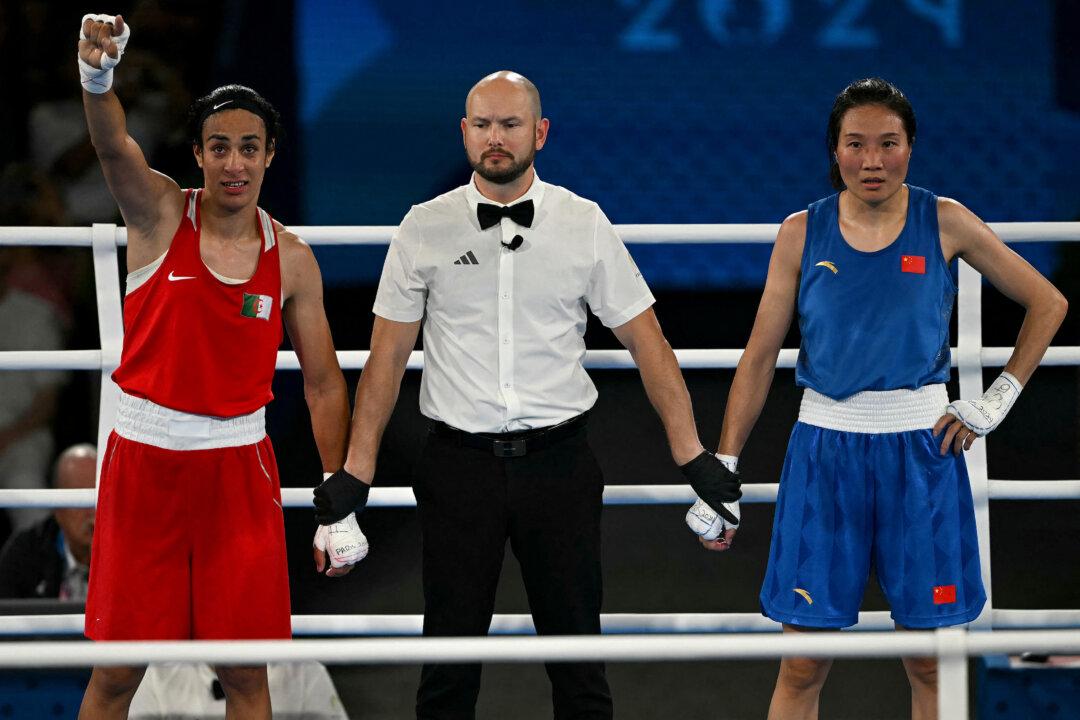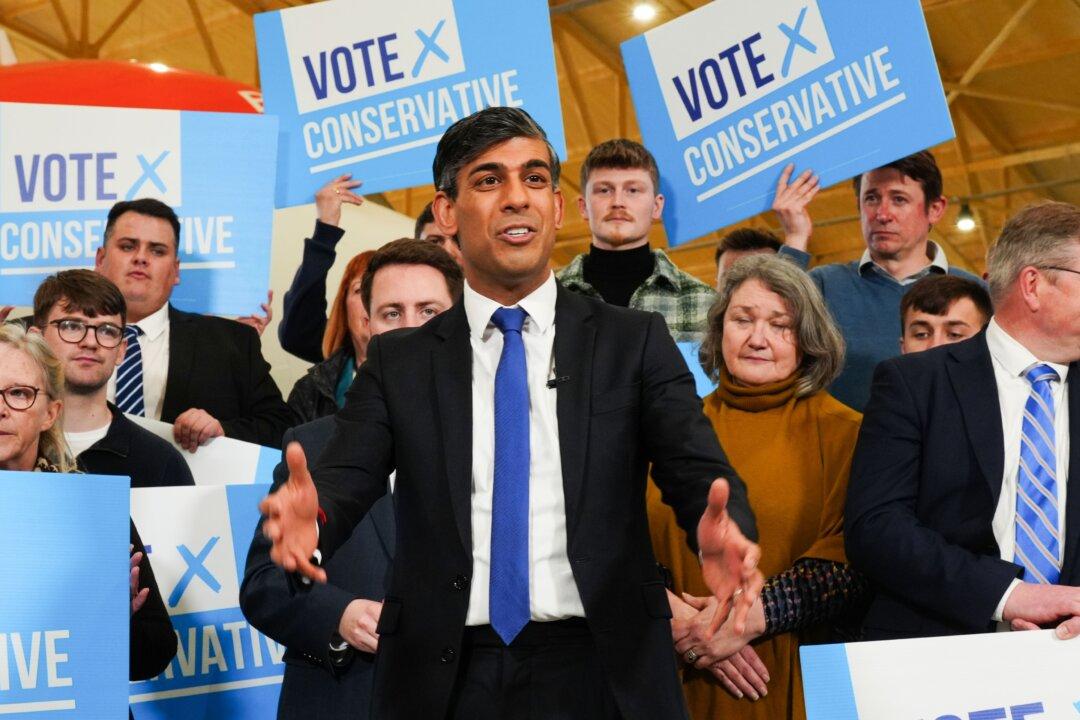The terrorist who stabbed two people to death near London Bridge in 2019 had tricked a prison boss before the attack, an inquest jury has heard.
Homegrown terrorist Usman Khan had a brief conversation with Steve Machin, governor of counter-terrorism at HMP Whitemoor, at a prisoner education event at Fishmongers’ Hall where he would later fatally stab Cambridge graduates Jack Merritt, 25, and Saskia Jones, 23.




